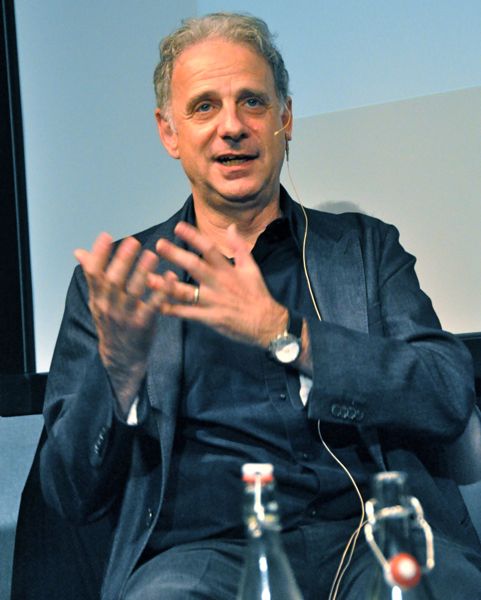

It was also an impetus to further developments in biology, psychology, physics, and other branches of learning. Information Theory accelerated the development of information technology. And information itself is composed of bits, as we shall see demonstrated in the "It from Bit" concept. Life on earth and, ultimately, everything in the universe is information. It proved to us that information was not the mere contents of library shelves or Internet servers, but rather the blood and life force of the world. This book begins with the invention of writing, then jumps to Claude Shannon's Information Theory (which triggered the information revolution about half a century ago), before finally arriving at the IT revolution that is currently underway.Īmong those milestones, Shannon's Information Theory has had the greatest impact on human consciousness.

He spent seven years studying large volumes of literature and records, combing through more than five thousand years of the history of the relationship between humanity and information. Through close observation of modern society, Gleick found that while we live in an information society, we don't possess a clear definition of what information actually is. Gleick had always paid close attention to science and technology and their recent developments. Later, he worked as a reporter and editor for The New York Times and became an acclaimed science writer. But what is information? How does it affect our lives? How did it develop historically? This book answers these and many other questions in detail.Īfter graduating from Harvard College, James Gleick, the author of this book, moved to Minneapolis, where he helped found the weekly newspaper Metropolis. Modern society has been cruising through the informational flood for some time already.


Today we will unlock the book The Information: A History, a Theory, a Flood.


 0 kommentar(er)
0 kommentar(er)
